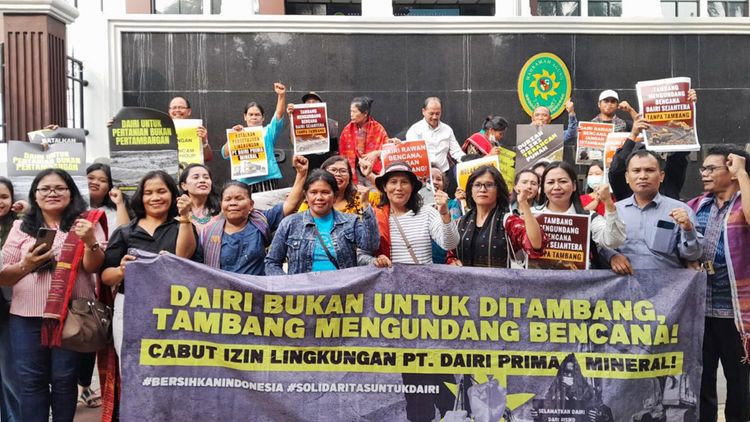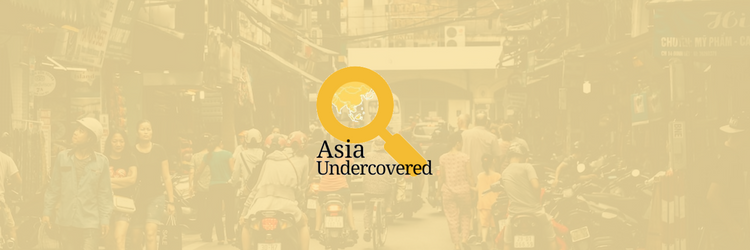Asia Undercovered: 19 Feb 2020
A big issue this week, with stories from across the continent. This includes another Asia trade war, stories on undercovered communities, a deadly crash in a Vietnam village, and some environmental solutions pieces.
Knowledge is increasingly a crime in Asia
With just a few exceptions, Asia is becoming more challenging to report freely from, as more countries clamp down the free press. Now, even research is becoming criminalized. Indonesia just deported a French researcher who published a fire analysis that was in conflict with the government’s own findings (Dyna Rochmyaningsih, Science).
This is not an isolated case. Nationalism and development are preventing the country from taking serious action on climate, too argues Dianty Ningrum in New Mandala. The model? China, who is propagating a theory that civil society, the media, and academic freedoms are detriments to economic growth. Worth watching to see if more countries emulate Indonesia’s anti-academic moves going forward.
Also Undercovered this week
Is there a health crisis taking place in Xinjiang’s camps? The problem is – without any access, no one really know if Covid-19 has entered, but the leaks from the region are incredibly worrying.
Meanwhile, the Better Cotton Initiative, which claims to certify cotton which, among other things, is free of labor violations, is ignoring the mound of evidence of forced labor in China, continuing to work in Xinjiang (Simon Glover, EcoTextile).
There’s another trade war emerging in Asia over palm oil. Pakistan has responded to India’s moves to limit imports from Malaysia over its criticism of Kashmir by increasing its own imports (Stratfor).
Two stories that focus on undercovered communities. First, this piece by Ruth Wong in Malay Mail about the indigenous communities that have been neglected and now live just outside a toxic landfill in Pahang, Malaysia.
Second, this lovely photo-essay by Ramesh Bhushal in Nepal Times in which he travels from Mount Kailash in Tibet down the Karnali River, through Nepal and into India. It includes several stories from the communities living in this remote part of the world.
In the Philippines, President Duterte is facing criticism for his lacking response to Covid-19, which at one point got so big, it was a trending hashtag (Karlo Mongaya, Global Voices).
There was a deadly clash in Đồng Tâm, Vietnam, when government forces stormed the village, which had been protesting against corruption and land seizures, killing its head. Little is known about what happened due to a media blackout, reports Kien Trinh in Loa.
South Korea may join Japan as the world’s second shrinking country, as dramatically falling birthrates may mean that the population peak will arrive years ahead of schedule. Something to watch as other countries, including Vietnam, China, and Taiwan, also age in the coming years (Troy Stangarone, The Diplomat).
Geopolitics
Central Asian countries, including Kazakhstan and Uzbekistan have thus far spurned US-led calls to stand up to China’s repression of Uyghur Muslims. Paul Bartlett explores why for Nikkei.
Japan is pushing the concept of “carbon recycling” as a climate and natural resource solution in bilateral meetings. Llewelyn Hughes explores what this means and the potential risks. (East Asia Forum).
Solutions Stories
Two environmental stories this week. First, 8 hectares of shoreline land in Thailand is now dedicated as a resting spot for sandpipers, migratory birds who are seeing their habitats lost to development (Mongbay).
And in Indonesia, a cafe worker Rudi Hartono, has come up with a novel way of getting locals to clean up rubbish in waterways. Do it while dressing up as spiderman (Rahman Muchtar, This is Place).

Asia Undercovered: Journalist Nithin Coca's weekly roundup of the news, events, trends and people changing Asia, but not getting enough attention in the US media.





Member discussion